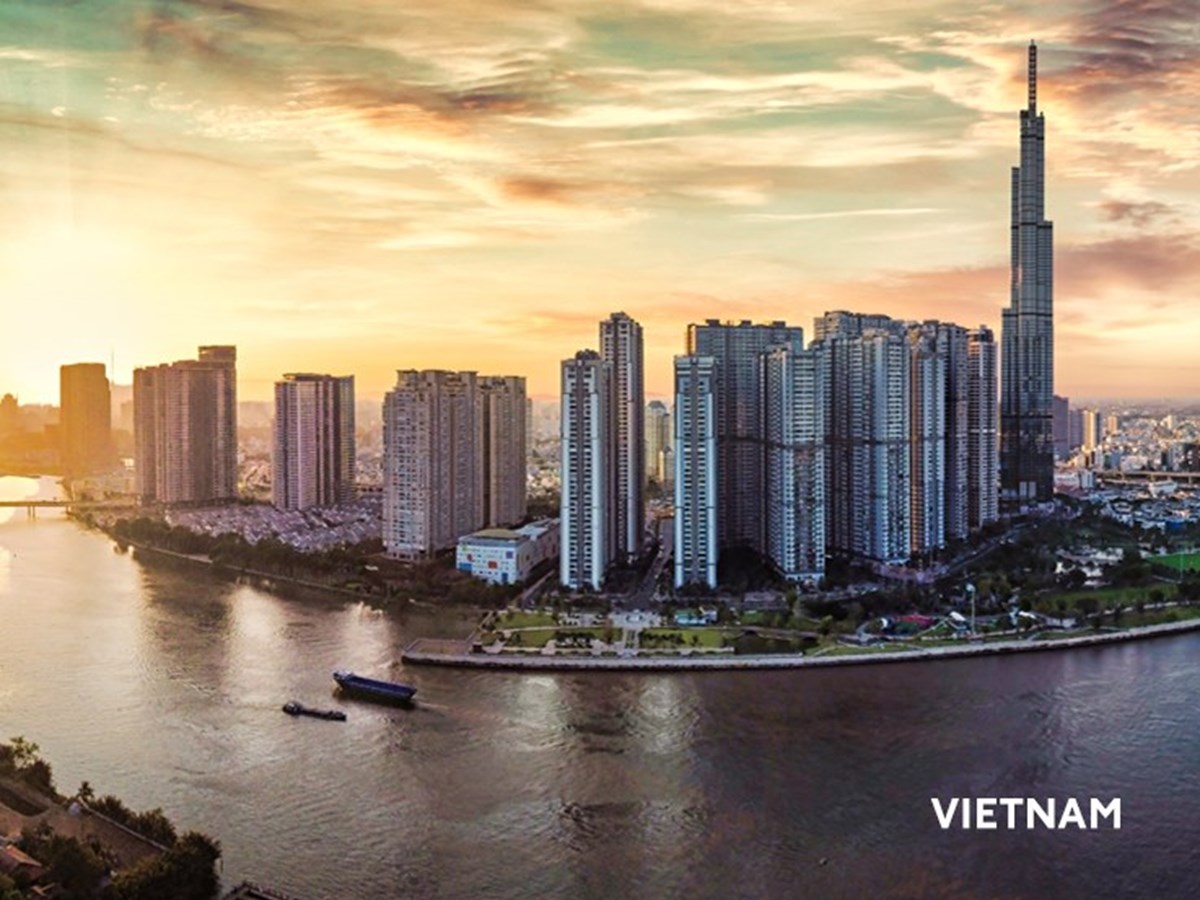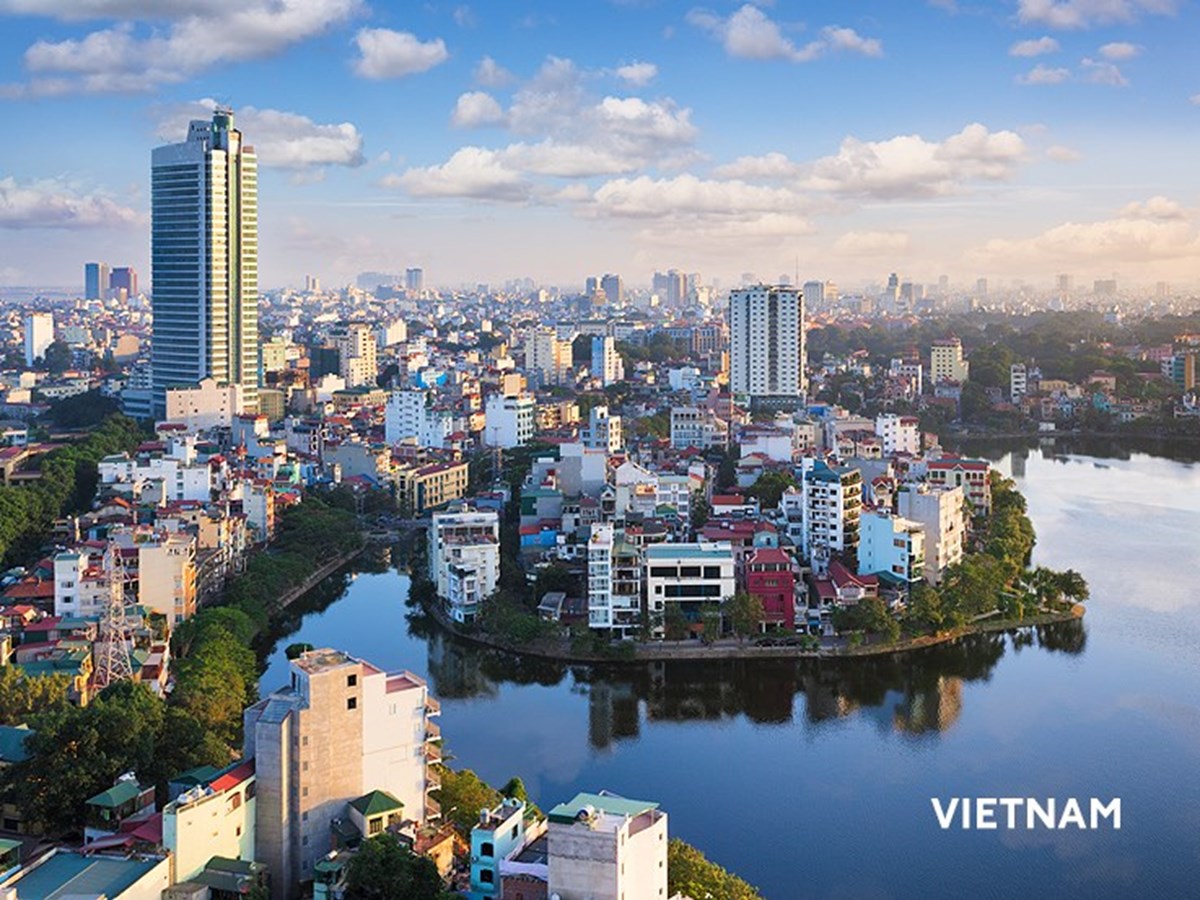
Knowledge Highlights 20 November 2024

On 1 February 2021, Article 29.3 of the Law on Environmental Protection 2020 (“LOEP 2020”) came into effect. Article 29.3 concerns the regulation of preliminary assessments of environmental impact. The LOEP 2020 was passed by the National Assembly of Vietnam on 17 November 2020, and the remaining provisions will come into effect on 1 January 2022. The LOEP 2020 will also repeal and replace the Law on Environmental Protection 2014 on 1 January 2022.
The LOEP 2020 substantially reforms and simplifies administrative procedures.
This article discusses some of the key highlights of the LOEP 2020.
1. Introduction of “residential community” as a factor in environmental protection
The LOEP 2020 enhances the role of community in environmental protection by introducing the term “residential community”, defined as a group of people living in the same village, hamlet, residential group or equivalent residential area in the territory of Vietnam, as a new factor in environmental protection considerations.
Investors who are required to carry out environmental impact assessments must now seek the opinion of, inter alia, residential communities located in areas which may be affected by their projects. A residential community is also able to request investors and competent authorities to provide information on environmental protection relating to the operation of projects which may affect their areas.
A residential community can participate in the evaluation of a project’s environmental protection results. Investors have to address the legitimate requests of a residential community with respect to environmental protection matters.
2. Classification of projects impacting environment and corresponding management tools on environmental protection
Classification of projects
The LOEP 2020 seeks to classify projects based on certain factors such as scale and capacity of a project, exploitation of natural resources, areas of land and water surface utilised, and environmental sensitivities. Based on these factors, the LOEP 2020 classifies projects into the following four groups:
The Vietnam Government is expected to provide guidance on the classification of projects and list specific projects that will be categorised in Groups I to III.
Management tools on environmental protection
There are four management tools on environmental protection that investors are now required to perform in relation to the investment and operation of their projects:
Below is a summary of the relevant procedures relating to environmental protection that must be performed for each project group:
|
Management tools |
Group I |
Group II |
Group III |
Group IV |
|
Preliminary Environmental Impact Assessment |
All projects classified as Group I |
N/A |
N/A |
N/A |
|
Environmental Impact Assessment |
All projects classified as Group I |
Projects classified as Group II that are subject to review for environmental sensitivity factors or engage in resettlement of residents affecting a “medium-scale” of residents. |
N/A
|
N/A |
|
Environmental Licence |
Projects classified as Groups I, II and III that generate waste water, dust, and exhaust gas, hazardous waste which is required to be treated or managed before being discharged into the environment, save for projects which are categorised as urgent public investment projects under regulations on public investment. |
N/A
|
||
|
Environmental Registration |
Projects which generate waste but are not subject to the Environmental Licence requirement, save for projects (a) which generate a small quantity of waste that is treated at the site or managed according to local authority policy, or (b) are classified as projects relating to State secrets in the field of national defense and security. |
|||
3. Environmental audit
The LOEP 2020 provides new regulations on environmental auditing to enhance environmental protection through review of use of resources, pollution control solutions and waste management methods. The LOEP 2020 encourages business organisations to perform a self-audit on environmental matters relating to the operation of their business. The Minister for Natural Resources and Environment is expected to provide guidance on environmental self-audit for business organisations.